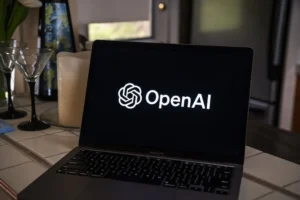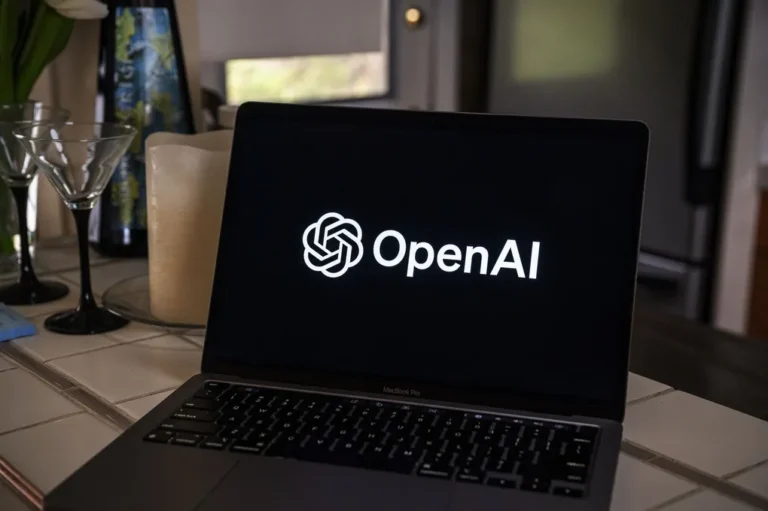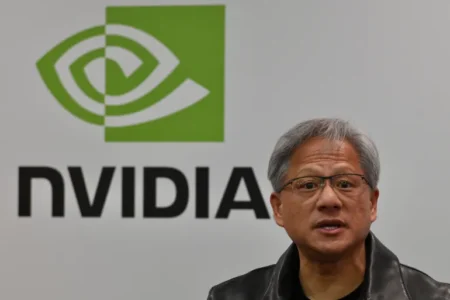OpenAI is laying the groundwork for an initial public offering that could value the company at up to $1 trillion, potentially one of the largest IPOs in history. Sources familiar with the matter say OpenAI is considering filing with regulators as early as the second half of 2026, with a potential fundraising target of $60 billion or more.
Chief Financial Officer Sarah Friar has indicated that the company could aim for a 2027 listing, though some advisers believe the IPO could happen sooner, possibly in late 2026. OpenAI emphasized that an IPO is not its main focus. A spokesperson said the company is prioritizing building a durable business and advancing its mission to ensure broad benefits from artificial general intelligence (AGI).
The move toward public markets follows a major restructuring that reduces OpenAI’s reliance on Microsoft. An IPO would give OpenAI more efficient access to capital and allow it to make larger acquisitions using stock. This aligns with CEO Sam Altman’s plans to invest trillions of dollars into AI infrastructure.
OpenAI expects its annualized revenue to reach about $20 billion by year-end. However, the company continues to post significant losses, reflecting heavy investment in AI development and infrastructure. During a livestream, Altman said, “It is fair to say it is the most likely path for us, given the capital needs that we’ll have.”
Founded as a nonprofit in 2015, OpenAI later restructured to create a for-profit arm controlled by the nonprofit. The goal was to develop AI safely rather than focus solely on profits. This week, OpenAI completed another restructuring. The nonprofit, now called the OpenAI Foundation, holds a 26% stake in OpenAI Group and can receive additional shares if certain milestones are met. This ensures the nonprofit remains a significant stakeholder in OpenAI’s financial success.
A successful IPO would benefit major investors, including SoftBank, Thrive Capital, and Abu Dhabi’s MGX. Microsoft, one of OpenAI’s largest backers, currently owns about 27% after investing $13 billion.
The discussions come amid a global surge in AI-driven public markets. Earlier this year, AI cloud company CoreWeave went public at a $23 billion valuation and has since nearly tripled. On Wednesday, Nvidia became the first company to reach a $5 trillion market value, highlighting its central role in the AI boom.
OpenAI’s potential IPO could mirror this trend, tapping strong investor interest in AI technology. Analysts note that public market timing is crucial, and OpenAI may accelerate its listing to capitalize on favorable market conditions and investor enthusiasm.
The Wall Street Journal first reported that OpenAI could go public as early as 2027, but recent restructuring and revenue growth have prompted the company to explore an earlier path.
By going public, OpenAI could secure the capital needed to scale AI projects globally while maintaining oversight from its nonprofit arm. This unique hybrid model aims to balance rapid technological growth with ethical AI development.
As OpenAI prepares for a possible IPO, the tech world will be watching closely. The company’s valuation, projected fundraising, and market strategy will influence both AI investment trends and the broader tech sector, potentially setting a new benchmark for public offerings in the AI era.







